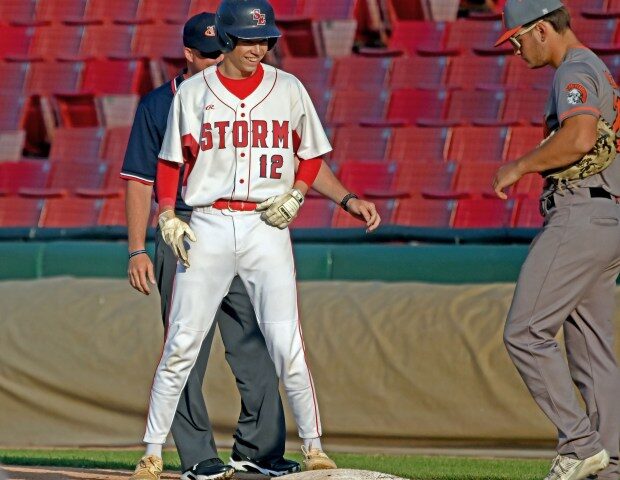Amid complaints regarding cell phone service on Lake Forest’s west side, the city is considering making changes in its zoning laws that could eventually lead to the eventual construction of at least one new tower near the west side train station. However, the proposal is drawing objections from some neighbors, concerned about potential health and aesthetic issues.
City officials acknowledge fielding reports of intermittent cell phone service in the southern Lake Forest for some time. Mayor Stanford “Randy” Tack said he has personally experienced problems when driving down Waukegan Road.
Tack added he was worried that public safety and EMS personnel could face communication issues.
“Fixing this problem is more than solving an inconvenience to people,” he said at a September City Council meeting. “We are so dependent on this that having adequate coverage is really critical.”
Community Development Director Catherine Czerniak said the city first adopted a wireless overlay district as part of the overall city zoning code in the late 1990s and it was last updated in 2012.
“With the sheer number of devices, that service is not adequate. We have known that for a quite a while,” Czerniak said.
The City Council referred the matter to the plan commission, which discussed the situation at its Oct. 9 meeting.
“Cell towers are always a difficult conversation,” Czerniak added. “Nobody wants them but they are today really a part of our essential infrastructure really no different than sanitary sewers, water and streets.”
To improve service, the city is considering changing its zoning regulations that would eventually allow leasing out several parking spaces at the city’s west side parking lot near the intersection of Everett and Waukegan Roads as one option.
“This is an area where service is needed,” Czerniak said.
Czerniak said there would be a flag type pole with an antenna that she estimates would be 140-150 feet and the city would require at least three cell phone providers to commit to use the new structure.
“So we avoid the situation where we receive requests for additional towers in this location,” she said.
While many residents wrote to the city requesting some to improve service, some neighbors of the proposed site saw the issue in a different way.
Haley Cropper mentioned she had three small children and expressed concern about potential health and safety effects as well as the property value impact.
“None of us bought our homes there expecting a cell phone tower to be up,” she said. “That is a deterrent, it would be for me.”
Another neighbor, Connie Wiggins offered a similar sentiment.
“These things are ugly and none of us have trouble with cell service,” she said. “Why are we doing this?”
Czerniak mentioned during the meeting federal government law prevents municipalities from factoring in potential health concerns specifically on decisions on telecommunication infrastructure and facilities.
Following the testimony commissioners moved to continue the conversation until the November meeting as they raised several questions and requested additional information from the staff.
At the November meeting, city staff will review the feasibility of various potential other locations besides the west side train station, Czerniak said after the meeting.
Daniel I. Dorfman is a freelance reporter for Pioneer Press.





